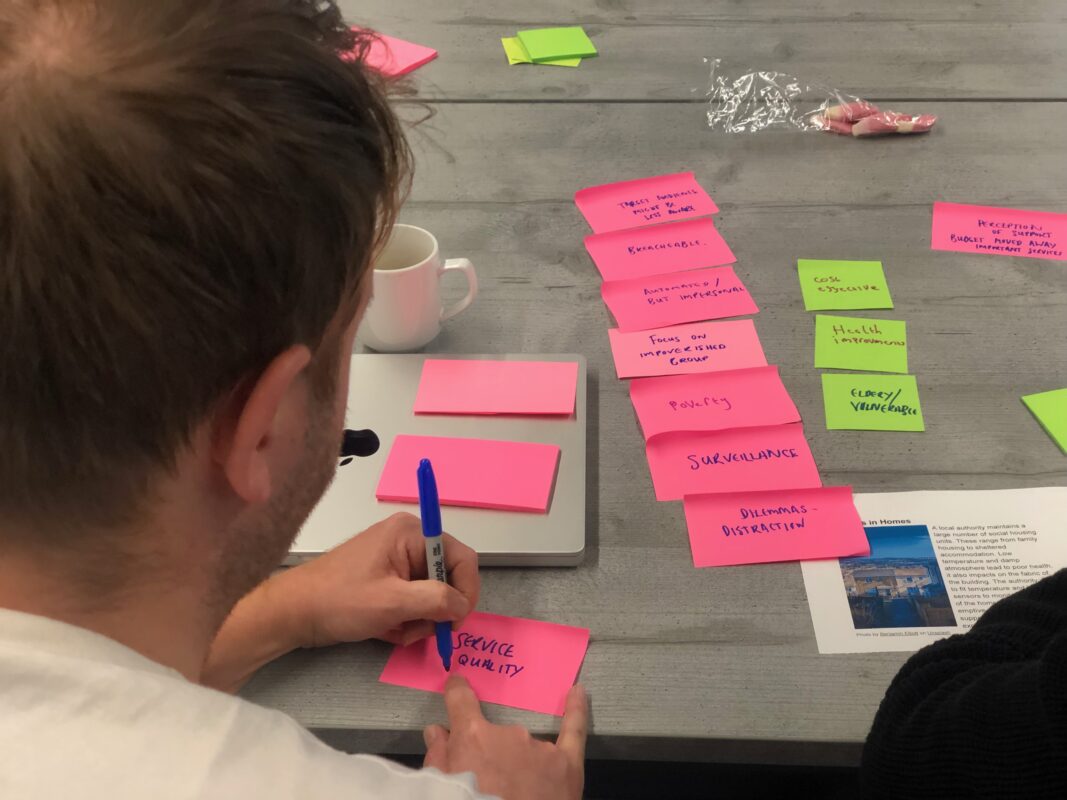Welcome to the second instalment of our blog series showcasing Open Data Manchester’s decade of data-driven change. In this series, we’re diving into eight case studies that demonstrate the real-world impact of our projects.
Today, we’re exploring our collaboration with the Greater Manchester Combined Authority (GMCA) on developing principles for the ethical use of Automated Decision-Making (ADM) systems in the public sector.
Automated Decision-Making Principles: Building Public Trust in AI Systems
Algorithmic tools, including AI systems, are playing an increasing role in public sector decision-making. The GMCA recognised the importance of engaging with residents when using ADM tools and sought to establish trusted principles for public sector practice.
Our Collaborative Approach
From October 2023 to May 2024, Open Data Manchester led a collaborative process to create a set of principles for public sector engagement with ADM systems. Our approach included:
- Scoping interviews: We conducted initial discussions with key stakeholders to understand the landscape;
- Desk research: We reviewed existing practices, legal frameworks, and guidance;
- Idea generation Workshops: We held two online and two offline workshops to gather diverse perspectives;
- Iterative development: We developed and refined principles based on stakeholder feedback;
- Feedback sessions: We conducted online comments and a follow-up workshop for final refinements.
We engaged a diverse group of over 30 stakeholders, with about half working in the public sector and half from outside, including experts in data, AI, community engagement, and equality, diversity, and inclusion.
Key Outcomes
Our collaborative process resulted in several significant outcomes:
- A set of 13 concise principles with supporting details for public sector ADM engagement.
- Guidelines for public sector organisations on involving residents when using ADM tools.
- A framework for ensuring accountability in the use of ADM technologies.
- A model for collaborative development of ethical technology guidelines.
Impact
The principles were officially launched on the GMCA website on July 30th, with support from Councillor Nicholas Peel, GMCA Lead for Digital City-Region. As Councillor Peel stated:
“Algorithms like automated decision-making systems are becoming increasingly popular in the public sector. However, it is important that they are used appropriately and that the public have confidence and trust in organisations that these systems are being used in this way.”
The GMCA will be promoting the implementation of these principles across public sector organisations. Moreover, these principles are publicly available for adaptation and use by other organisations, fostering wider public collaboration in the use of ADM technologies.
Looking Ahead
This project demonstrates the power of collaborative approaches in addressing complex technological challenges. As AI and algorithmic decision-making continue to evolve, principles like these will be crucial in ensuring that these technologies serve the public interest while maintaining transparency and accountability.
Read more posts in this series, where we explore more impactful ODM projects. Together, these case studies showcase our commitment to using data and user research for positive change and building a more informed, ethical, and data-empowered future.
If you want to learn more about how ODM can support your organisation’s data strategy, get in touch.

